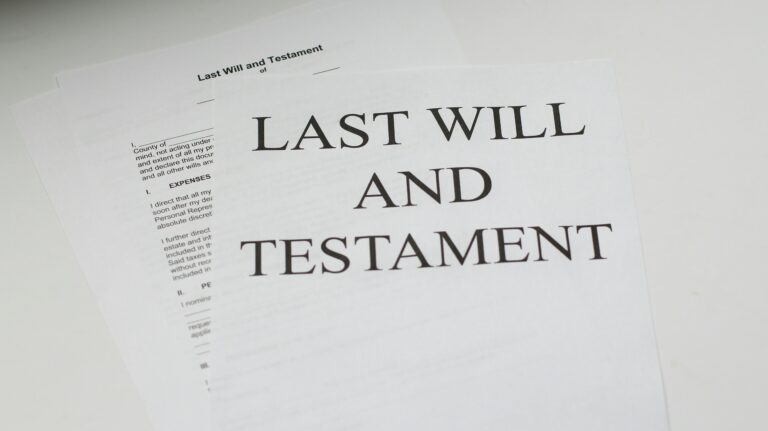
Discussing Estate Planning in the Holiday Season
With so many families living in distant states, the holiday season is often the only time everyone is together. A family gathering can provide a chance to talk about major life changes and plans for the future, including estate planning issues. It can be tricky to navigate. However, some conversations are simply better in person. A recent article from Independent Record, “How to tackle estate planning with loved ones this holiday season” outlines topics to cover.
Beneficiary Designations. Upon opening savings, investment and retirement accounts, an option is usually provided to name a beneficiary. This tells the financial institution who is to receive the asset upon the owner’s death, similar to how a beneficiary is named on a life insurance policy. There are often contingent beneficiaries if the primary has died or does not want to receive the assets.
Beneficiary designations should be checked every few years and when certain triggering life events occur, like death, divorce, or marriage. Some financial institutions have default beneficiary designations, so the owner should also have this information. The beneficiary receives these assets outside of the will, avoiding probate in most cases. Tax treatments of these instruments may differ, so they should be reviewed with an estate planning attorney to see how they work with the estate plan.
Power of Attorney. The POA is a document allowing an individual to name someone to make decisions on their behalf if they are incapacitated. This document should be discussed with the chosen person, usually a spouse, adult child, trusted friend, or an estate planning attorney, with their consent. If there are issues with family members, a non-family member may be a better choice.
There are different types of POA. A durable POA takes effect immediately and doesn’t expire. A non-durable POA is valid for only a specific period of time. The healthcare POA, also known as a healthcare proxy, is also needed for another person to be involved in medical care: spouses are not automatically given these rights. A HIPAA release form should also be in place, so the POA can talk with doctors and others involved in medical care.
Wills and Trusts. If there is no will, the person’s assets are distributed according to the laws of the state, which, in most cases, is decided based on kinship. Most people opt to have a will to decide how their assets are distributed.
Trusts establish a separate legal entity managed by a trustee, who also oversees distribution at the time indicated in the language of the trust. Unlike a will, assets in a trust are distributed privately and outside the court system, meaning they don’t pass through probate. An experienced estate planning attorney creates a trust to meet the specific needs of the grantor.
It’s a good idea to talk about these issues while the family members are well and able to discuss them with a clear head. An estate planning attorney will help with guidance and could also help figure out how to navigate issues when potential conflict exists. During and after the holiday season, estate planning protects loved ones and ensures that wishes are followed.
Reference: Independent Record (Nov. 25, 2024) “How to tackle estate planning with loved ones this holiday season”









